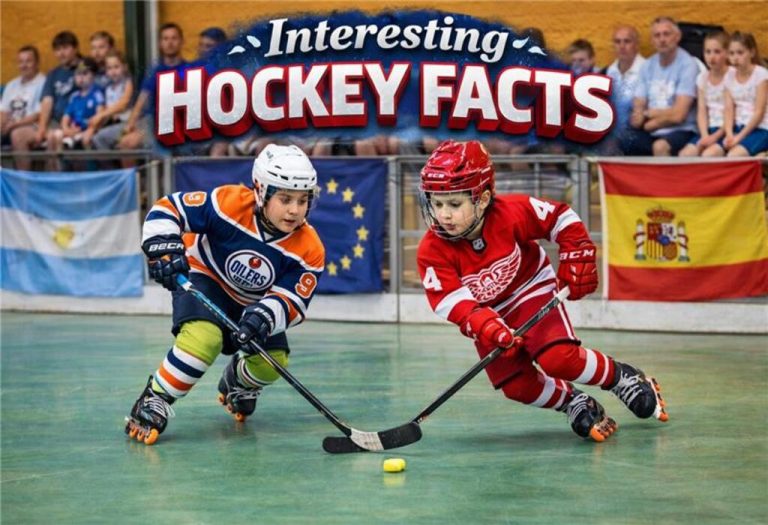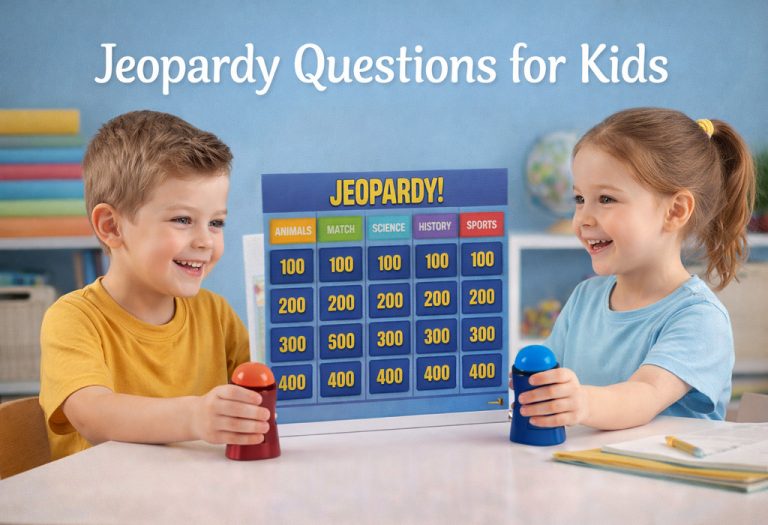Why Does Your Baby Stare at Your Hands?
Does your dear little one stare at your hands? Are you wondering why your baby gazes at your hands and his crib toys? Is the behaviour of my baby looking at hands normal? If you are stressing over this habit, you need not worry any more. Babies are naturally drawn to contrasting colours and movement, making your hands a captivating sight. Babies begin comprehending depth, distance, and object permanence by observing hands and surroundings, laying the foundation for cognitive and motor skills. Being constantly in motion and often close to their line of sight, your hands provide a perfect opportunity for them to practice this understanding. Keep reading to know why your baby is so fixated on your hands and what it tells us about their growing minds.
Reasons Why Your Baby Stares at Your Hand
Babies are curious beings, constantly exploring their surroundings and learning about the world through their senses. Here, we list some reasons and facts that explain why your baby stares at your hands.
1. Baby Has Blurry Vision in His First Week
In the first week after birth, your newborn is only able to view objects that are present at a distance of about 8 to 10 inches from his eyes. This is about the distance from the baby’s face to your face and hands. Also, your infant has a blurry view of things in the first week (7). So, your baby holds his gaze at your hands for a few seconds when they are 8-10 inches from his face.
2. Baby Experiences Transformation From Black and White to Colourful Vision
Your newborn views objects and surroundings only in black and white colours and some shades of grey soon after his birth. As your baby grows, his vision develops into colour vision. Your baby finds various contrasting colours and geometric patterns that are entirely new to view, so he stares at them. Your baby may develop good colour vision by five months (5), and you can find him staring at your hands and seeing various other colourful objects in his surroundings.
3. Baby Is Widening His Visual Sphere
As your infant grows 2 to 3 months old and more, his vision and brain develop significantly, thus offering him a broader visual sphere. At this stage, your little one develops stronger eye muscles than before. This helps him look for the details of any object before him. So, when you bring your hands in front of your infant’s face, your baby will stare at them, taking in the details, such as your hand and finger movements. You will also find your little one gazing at his own hands
4. Baby Is Now Recognising Things
When your baby turns 3 to 7 months old, he recognises familiar faces and toys he sees regularly (1). Even if your baby cannot call to you at this age, your face, hands, and toys that he sees regularly are familiar to him. So, when you bring your face or hands in front of his face, your baby finds it familiar and stares at it happily with a smiling face.
5. Baby Now Has Improved Depth Perception
When your infant turns 3 to 6 months old, his perception ability improves substantially, and he can view objects and people located farther away (about three feet away). Your baby develops depth perception that helps him gaze at objects better (4). When you bring your face or hands in front of your baby’s face, he enjoys staring at you and your hands till you move away. This is because his gaze can now linger.
FAQs
1. How can parents encourage hand-eye coordination in babies?
Parents can encourage hand-eye coordination by providing toys and objects for their baby to grasp and manipulate. Activities like reaching for toys, playing with blocks, and stacking cups help develop these skills (6).
2. Should parents be concerned if their baby stares at their hands excessively?
Occasional staring at hands is normal behaviour for babies. However, if it seems to be obsessive or accompanied by other concerning behaviours, it may be worth discussing with a paediatrician to rule out any underlying issues (2).
3. When do babies notice their hands?
Babies start to notice their own hands around two months of age and begin to track and focus on objects around 3 to 4 months (3). By six months, they can fully grasp and manipulate objects, including their hands.
There! Now, whenever you find your baby staring at hands without shifting his gaze, rest assured that it is normal! While it may seem simple, it signifies a deeper sensory and cognitive discovery process. So, next time your little one fixates on your hands, embrace the moment as an opportunity for connection and growth.
References/Resources:
1. Your Baby’s Hearing, Vision, and Other Senses: 7 Months; Nemours KidsHealth; https://kidshealth.org/en/parents/senses-7mos.html
2. Behavior; Hand Staring, Mouthing Objects; World Federation of CdLS Support; https://www.cdlsworld.org/xwiki/bin/view/ATEPublic/ATE000270
3. Homma. T; Hand Recognition Obtained by Simulation of Hand Regard; PubMed Central; https://www.ncbi.nlm.nih.gov/pmc/articles/PMC5962778/; May 2018
4. Boyd. K; Vision Development: Newborn to 12 Months; American Academy of Ophthalmology; https://www.aao.org/eye-health/tips-prevention/baby-vision-development-first-year; February 2022
5. Infant Vision: Birth to 24 Months of Age; AMERICAN OPTOMETRIC ASSOCIATION; https://www.aoa.org/healthy-eyes/eye-health-for-life/infant-vision?sso=y
6. Rymanowicz. K; Infant vision development: Helping babies see their bright futures!; Michigan State University; https://www.canr.msu.edu/news/infant_vision_development_helping_babies_see_their_bright_futures; December 2014
7. Your Baby’s Hearing, Vision, and Other Senses: 1 Month; Nemours KidsHealth; https://kidshealth.org/en/parents/sense13m.html
Also Read:
Signs of Intelligent Baby
Reasons On Why Your Baby Keeps Staring?
When Do Babies Recognize Their Parents & Other Familiar Members?
When Do Babies Make Eye Contact and How Can Parents Encourage?
Was This Article Helpful?
Parenting is a huge responsibility, for you as a caregiver, but also for us as a parenting content platform. We understand that and take our responsibility of creating credible content seriously. FirstCry Parenting articles are written and published only after extensive research using factually sound references to deliver quality content that is accurate, validated by experts, and completely reliable. To understand how we go about creating content that is credible, read our editorial policy here.





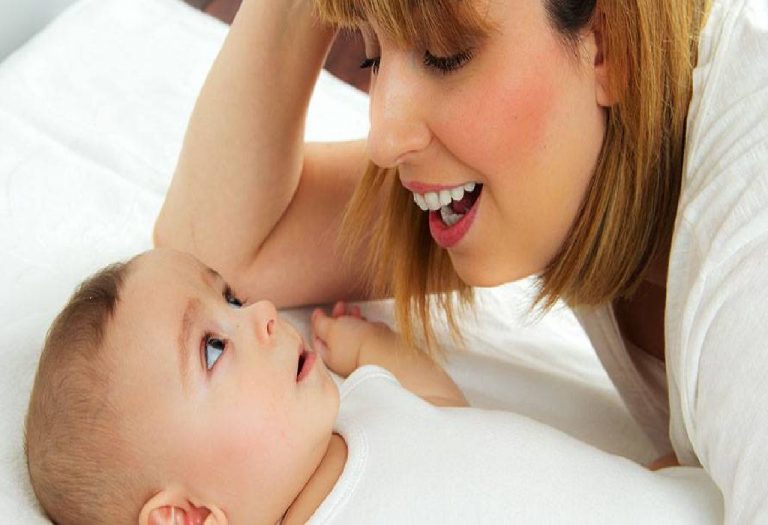
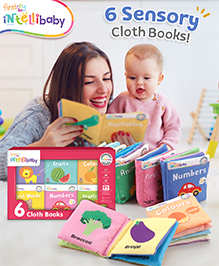

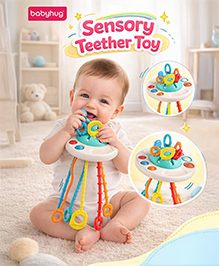
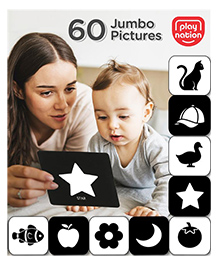
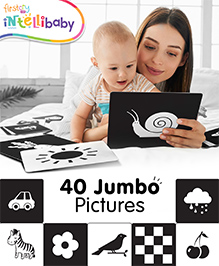

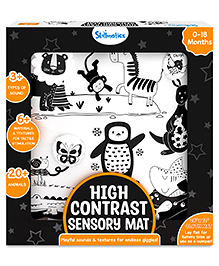
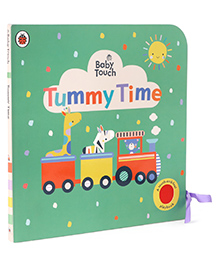

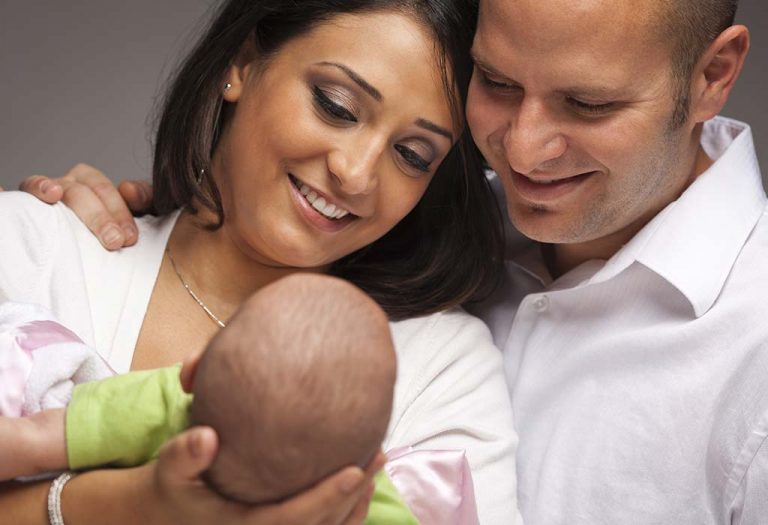
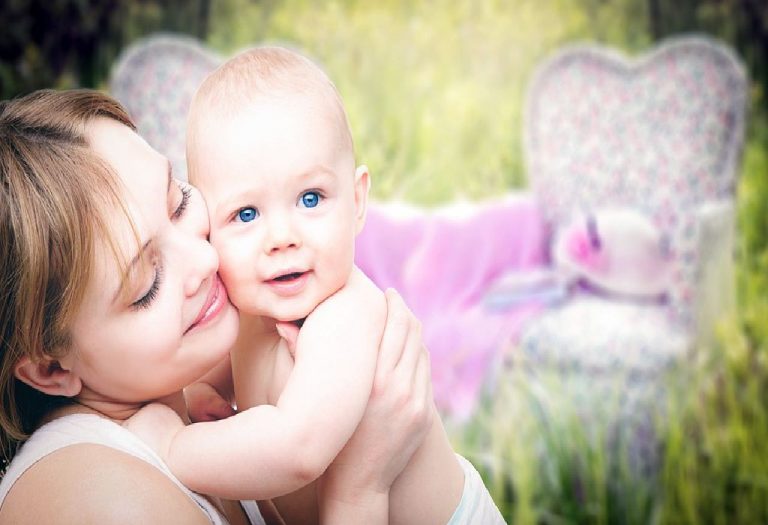

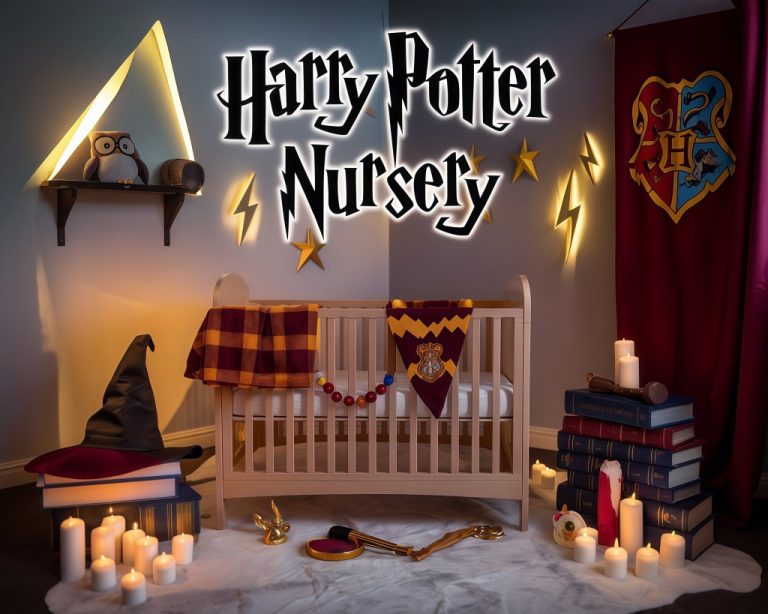



.svg)








